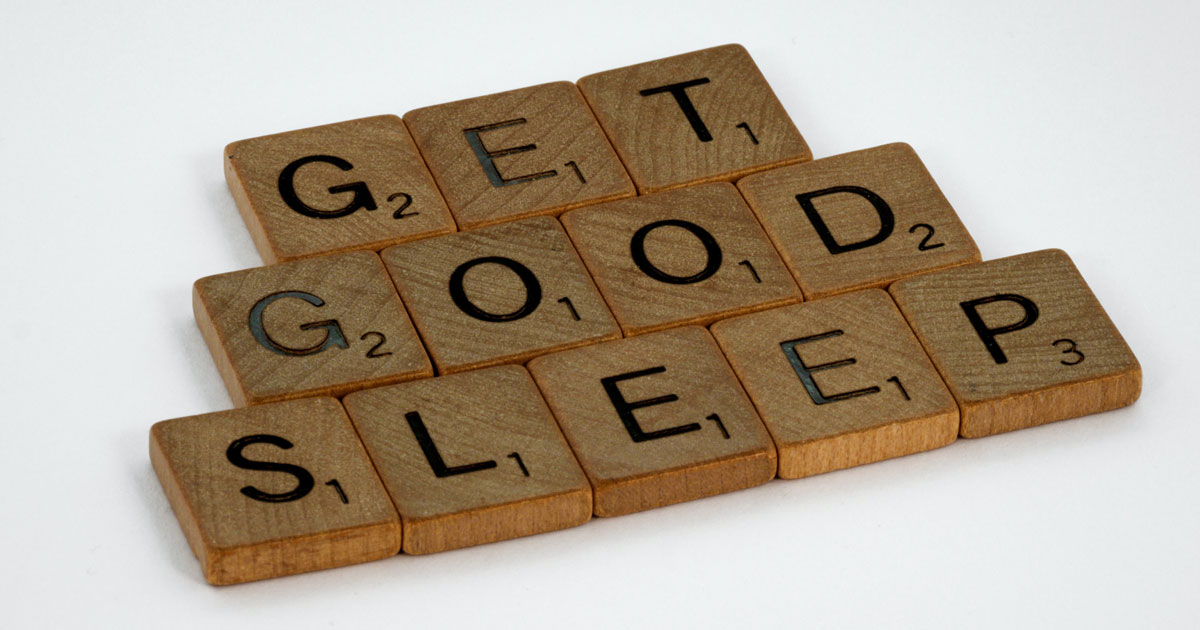What would be the answer if we ask you about your night routine? Do you also simply switch off the lights and go to sleep?
There are much better and more impactful actions that can enhance your sleep quality and help you wake up fresh and energetic. A good night’s sleep restores the body and is essential to power your mind. On average, 7 to 9 hours of sleep is recommended for adults. Thus, it would be best to make sleep a priority in your life.

1. Have your dinner early
The food we eat needs some time to pass through our bodies. Therefore, keeping a gap of 2-3 hours between your meal and sleep will help in avoiding any digestion issues. The digestion process is slow at night compared to the daytime, so it is advised to consume light meals at night.
After all, a healthy gut is a prerequisite for a healthy life, and messing with digestion can be very disturbing for the overall health. So to avoid heartburn, indigestion & acid reflux, it is better to have a light dinner as early as possible.
2. Ditch the electronics
Work these days requires phones, laptops, and other electronic devices, and it has increased every individual’s screen time regularly. However, before you go to sleep, it is better to give your eyes the needed rest to transition. Get into this habit of switching off or silencing your digital devices an hour before sleep.
Also, read: 5 Morning Habits Of These Successful People You Can Practice To Upgrade Your Life
The use of social media and other things on digital devices stimulates your mind and makes it harder for you to fall asleep. To have a distraction-free and peaceful sleep, try ditching your digital devices an hour before your bedtime and see the wonders happen.
3. Take a bath
If it’s too cold, you can go for a warm bath. However, if it’s hot, a cold bath works well too. The main reason behind taking a bath is that it cleanses your body and relaxes your mind. Water is magical, and it can do wonders to the human body. Notice the difference after you take a bath. It instantly uplifts your mood and relieves all your stress and tension in the body.
To make the best out of this habit, you can add some regular salt or bathing salt to your water every few days. Saltwater bathing reduces inflammation and any muscle or joint pain, and it also stimulates blood circulation and helps rejuvenate the skin. In short, this bath prepares you to go into a calm and deep state of rest.
4. Switch off the lights
The natural cycle that our body goes through regularly in the 24 hours on a physical, mental and behavioral level is called the circadian rhythm. When you keep the lights on even while sleeping, it disturbs this rhythm, and a disturbance in this rhythm makes it extremely difficult for you to get deep sleep.
Also, read: 5 Profound Life Lessons Nature Teaches But We Fail To Learn
Everybody has a sleeping cycle. Exposure to bright lights during your regular sleep cycle can cause repeated awakenings, interruption in a deep sleep, and reduced sleep quality. Switching off the light signals your body that it’s time to sleep, and it will also help the body transition to a deep resting state.
5. Do what relaxes you
Relaxation can look different for every individual. It can be meditation, light exercise, music, aroma, reading a book, talking to a loved one, journaling, or even painting. This is just an illustrative list, and you might have something of your interest as well. The idea is to get your mind calm and relaxed. If any of these activities make you provocative and stimulate your mind to think more vigorously, you might want to avoid them at night.
Also, read: This Bengaluru Startup Has Announced ‘Right To Nap’ For 30 Minutes At Work
Being in a relaxed state of mind will make it easier to transition to sleep. You can invest the time you save by avoiding digital devices in these activities.
Sleep is one of the most critical aspects of every human’s life. Just like we remain aware of the food we consume, it is necessary to look after the quality of our sleep too. As you inculcate one of these habits in your life, you will notice a change in your sleeping patterns, quality of sleep, and the mood in which you wake up.

